Publications
Featured publications
-
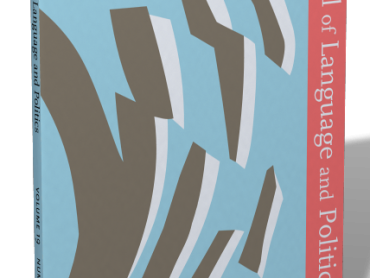
Birgit Sauer, Daniel Thiele, Iztok Šori et al.
Article / Borderless fear? How right-wing populism aligns in affectively framing migration as a security threat in Austria and Slovenia
2024 | Other publishers
The findings point to a worrying convergence of anti-migration discourse across borders and to the potential spread of a right-wing populist bloc unified by fear of migration.
-
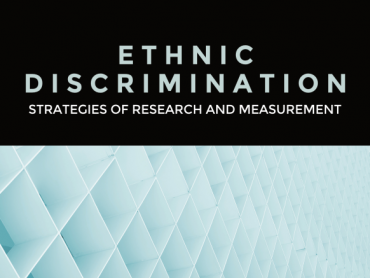
Book / Ethnic Discrimination: Strategies of Research and Measurement
2023 | Other publications
The book presents in detail and critically evaluates different ways of “measuring” ethnic discrimination, breaking new ground in the field of empirical data collection on unequal treatment as well...
-
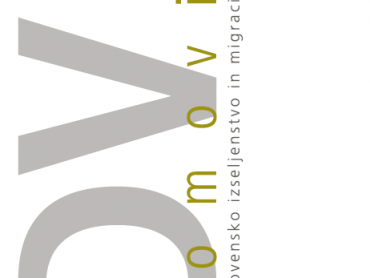
Article / Legislative and Judicial Responses to the “Refugee Crisis” in Slovenia and Austria: A Comparative Perspective
2023 | Other publishers
In the last issue of the journal ‘Dve domovini/Two Homelands’, Neža Kogovšek Šalamon compares the key normative approaches to responses to the 2015–2016 “refugee crisis” in Slovenia and Austria.
-
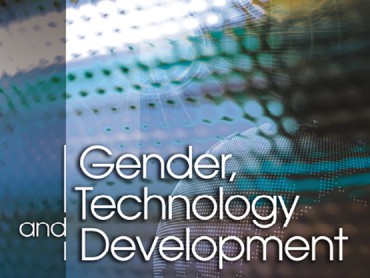
Mojca Pajnik, Rok Smrdelj (FA, UL)
Article Intersectional representation in online media discourse: reflecting anti-discrimination position in reporting on same-sex partnerships
2022 | Other publishers
Taking the example of online media reporting on same-sex partnerships in Slovenia, the authors analyze how power relations are reinforced when one type of media discourse fails to acknowledge...
-
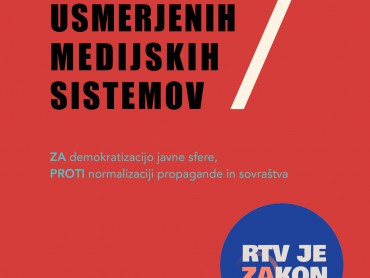
Brankica Petković, Sandra Bašić-Hrvatin
Characteristics of propaganda-oriented media systems
2022 | Other publications
A detailed presentation of how propaganda-oriented media systems work and why it is necessary to oppose them is presented in the following analysis.
-
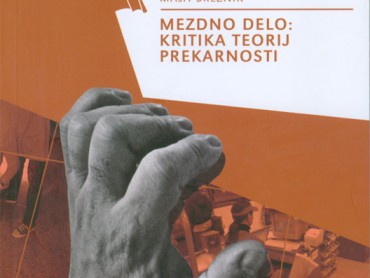
Wage work. Critique of theories of precarity
2022 | Other publishers
Extracting the concepts of class structure, co-exploitation, surplus exploitation and unfree wage labour.
-

Chapter / Multiple interacting migration patterns in senior care on Europe’s semi-periphery
The authors argue that semi-peripheral countries act as complex nodes of care migration where emigration, transit and immigration interact.
-
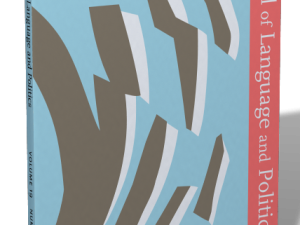
Article / Borderless fear? How right-wing populism aligns in affectively framing migration as a security threat in Austria and Slovenia
Birgit Sauer, Daniel Thiele, Iztok Šori et al.
The findings point to a worrying convergence of anti-migration discourse across borders and to the potential spread of a right-wing populist bloc unified by fear of migration.
-
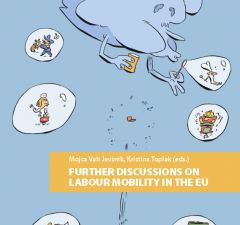
Chapter / Care Migration in Care Homes for Older People in the European Semi-Periphery Between Slovenia and Former Yugoslav Countries
The authors note that the political economy of care in neoliberal capitalism needs borders and their ambiguity - it needs borders that are both porous and exclusionary.
-
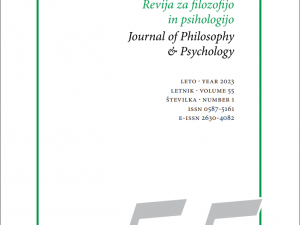
Article / Konec koncev: konec ali nov začetek? (The End of Ends: The End or a New Beginning?)
The text deals with the specific modality of the end, which manifests itself as a pervasive sense of the constant, imminent and real threat of total destruction of the...
-

Article / Squatting and direct care for urban space: the case of the Participatory Ljubljana Autonomous Zone (PLAC)
The article deals with the question of how the squatting community understands and implements direct care for urban space in the context of gentrification and elitization of the city.
-
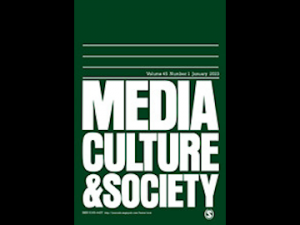
Article / Theorizing and mapping media ownership networks in authoritarian-populist contexts: a comparative analysis of Austria, Hungary, Slovenia, and Turkey
The article aims to contribute to the ongoing discussions on authoritarian populism and the media, from the lens of the political economy of ownership.
-
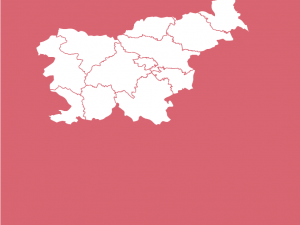
Report / National report on hate crime in Slovenia
Iza Thaler, Katarina Vučko, Maja Ladić et al.
Status review, EU criminal law and the Victims’ Directive in the national contexts.
-
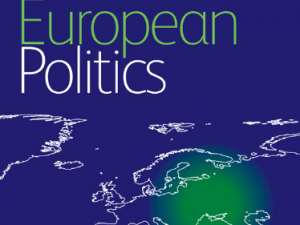
Article / Aligning populist worldviews of citizens to media preferences: peculiarities of an illiberal political context
Ajda Šulc, Mojca Pajnik, Nejc Berzelak et al.
In this article the authors look at how people’s relations to the media shape their anti-establishment, people-centrist and exclusionist populist worldviews.
-
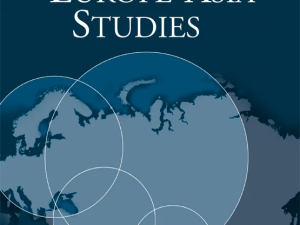
Article / The Transversal Political Logic of Populism: Framing the ‘Refugee Crisis’ in Slovenian Parliamentary Debates
Emanuela Fabijan, Mojca Pajnik
In the article the authors Mojca Pajnik and Emanuela Fabijan analyse how politicians in Slovenia responded to migration during and after the ‘refugee crisis’ (2015–2019).
-
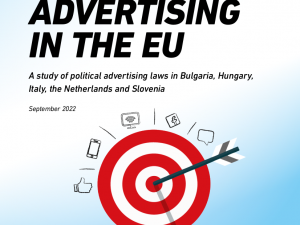
Regulation of Political Advertising in the EU
Liberties and human rights organizations in Bulgaria, Hungary, Italy, the Netherlands and Slovenia have looked at how political advertising is regulated in their respective countries. The Slovenian review was...
